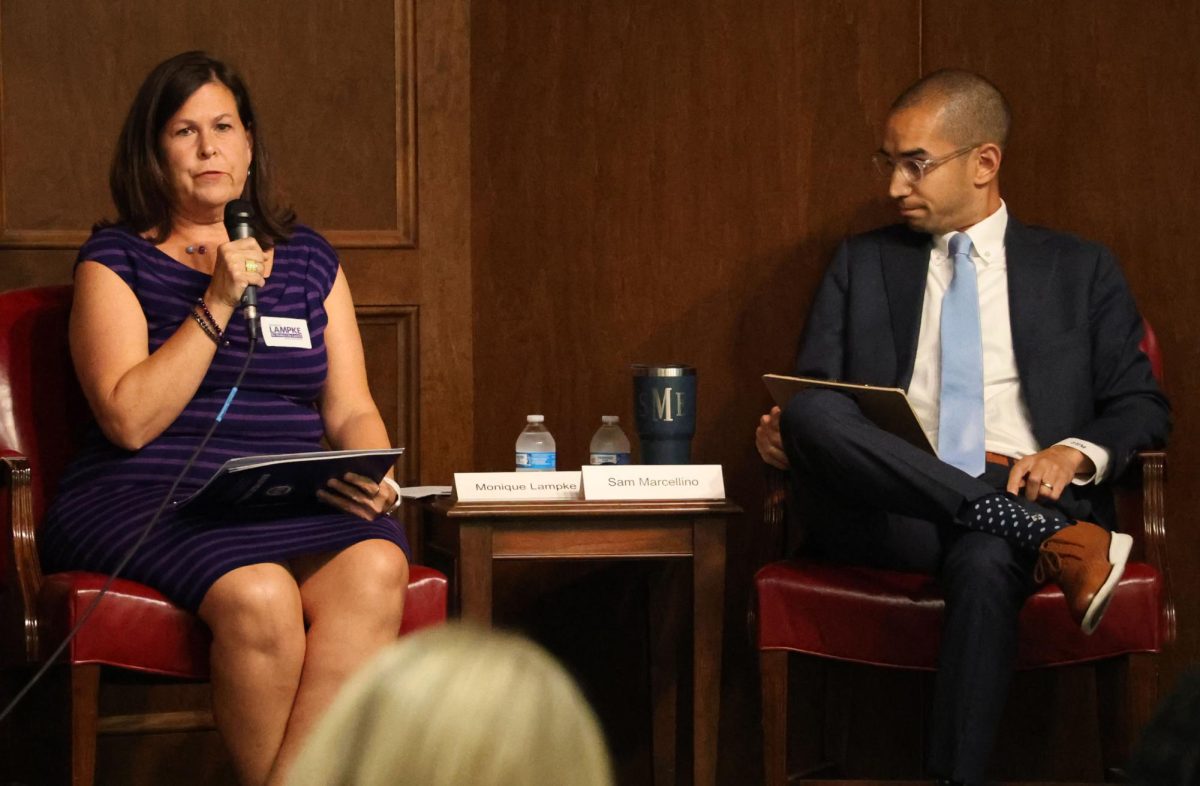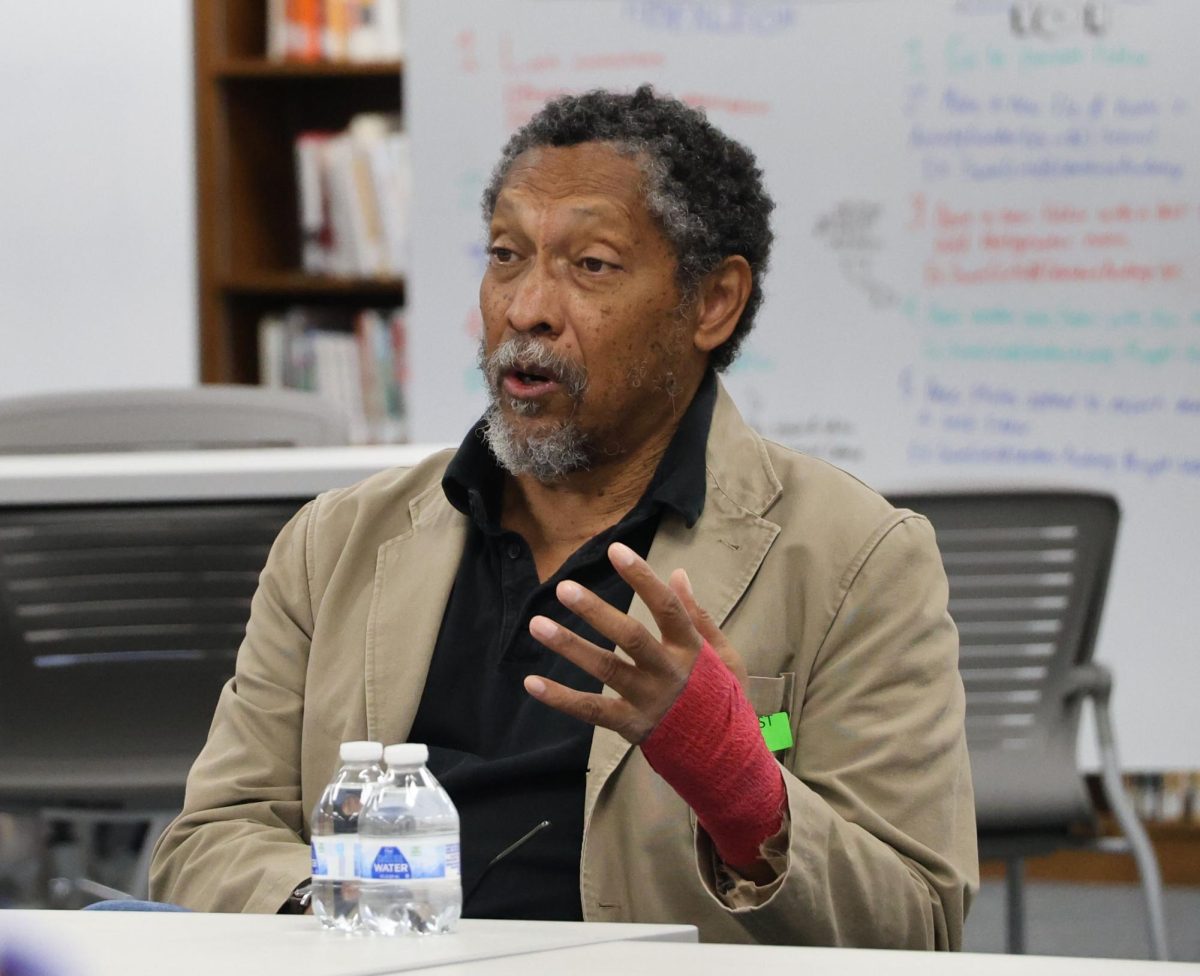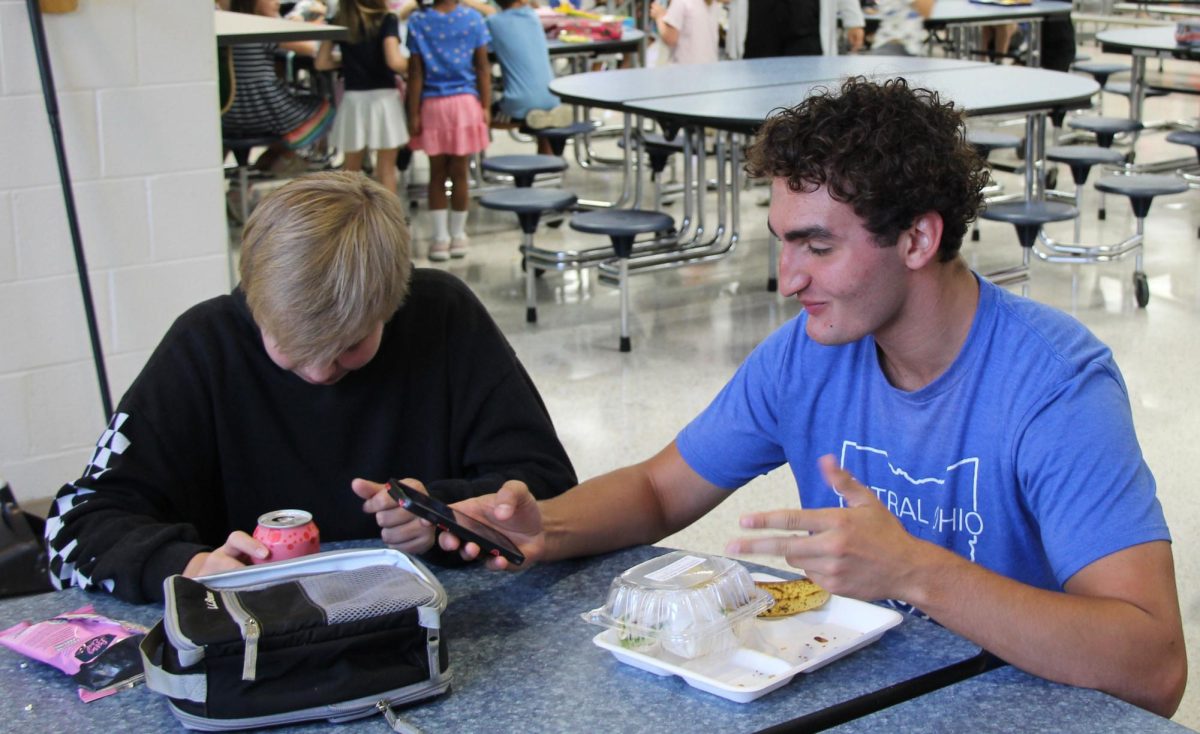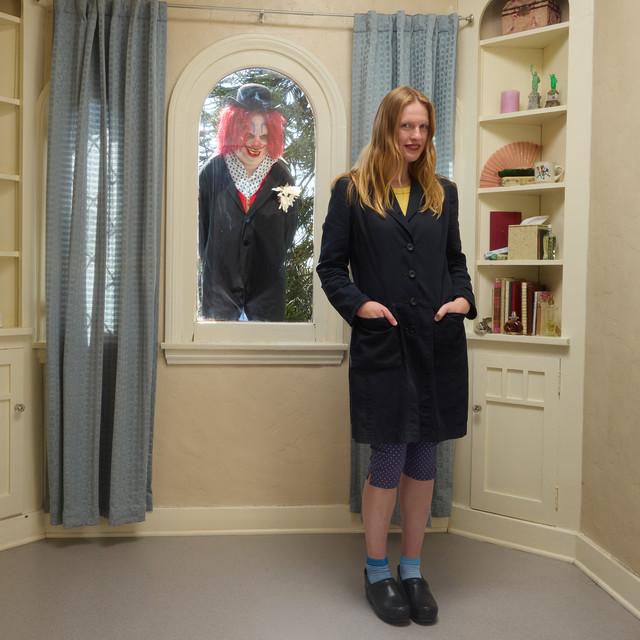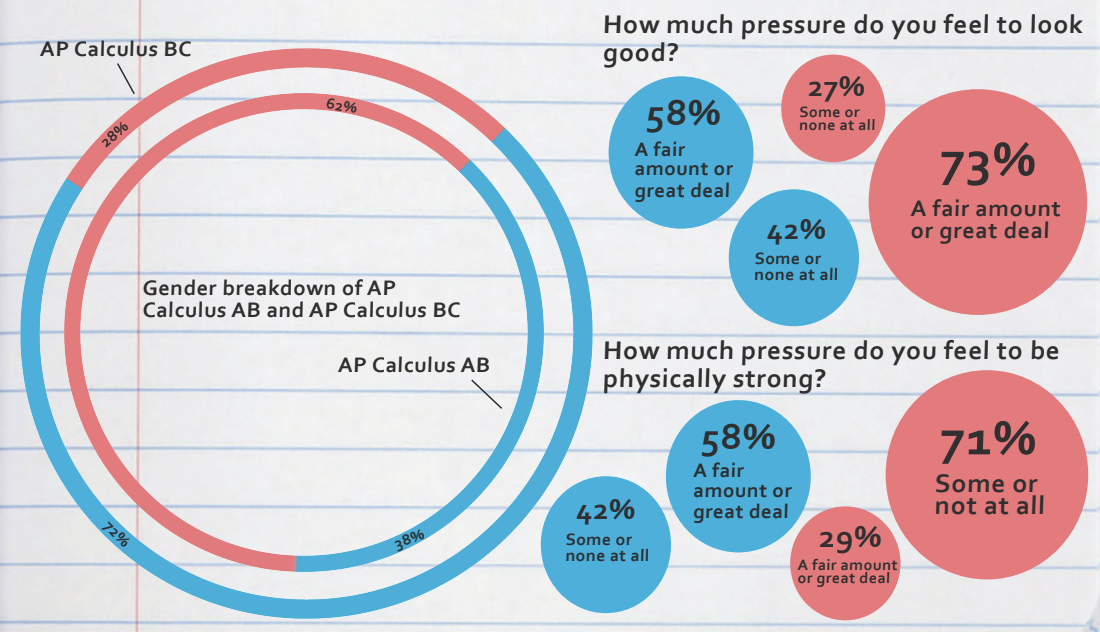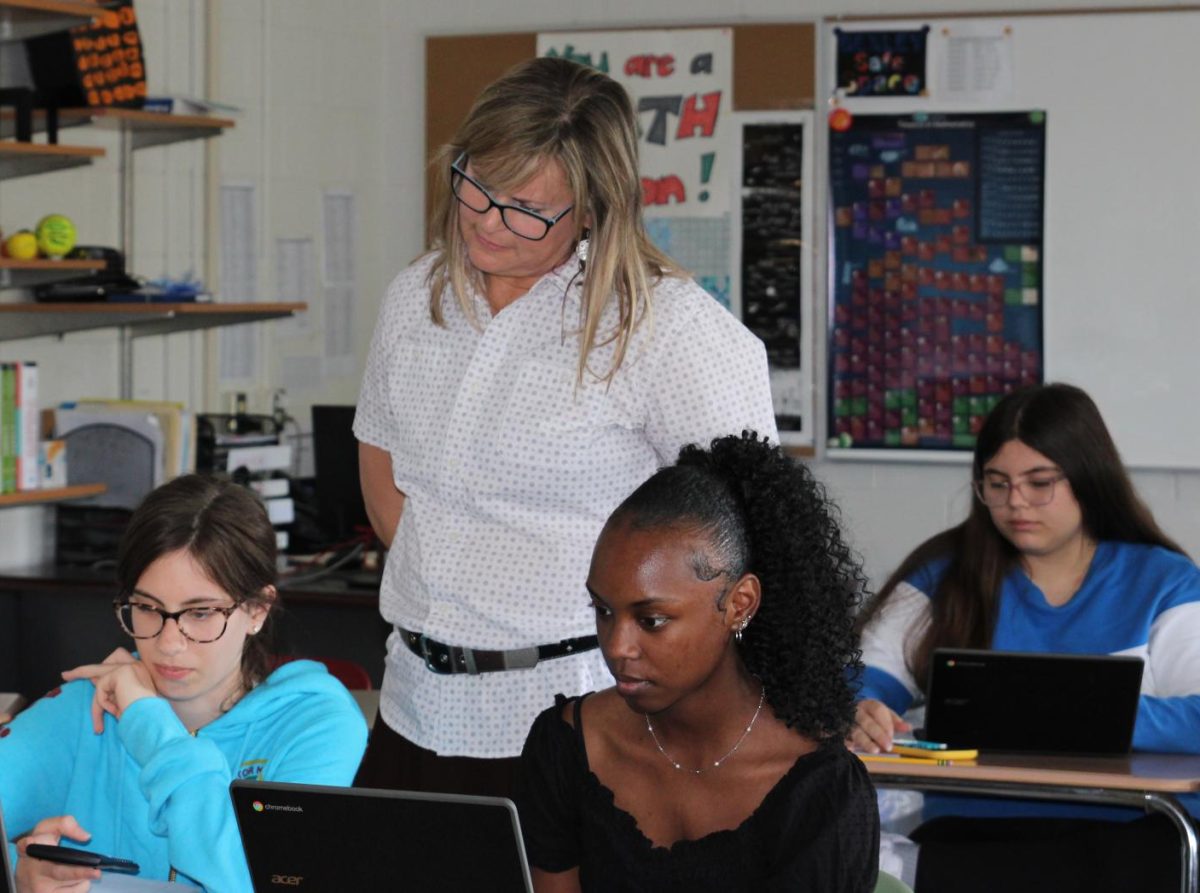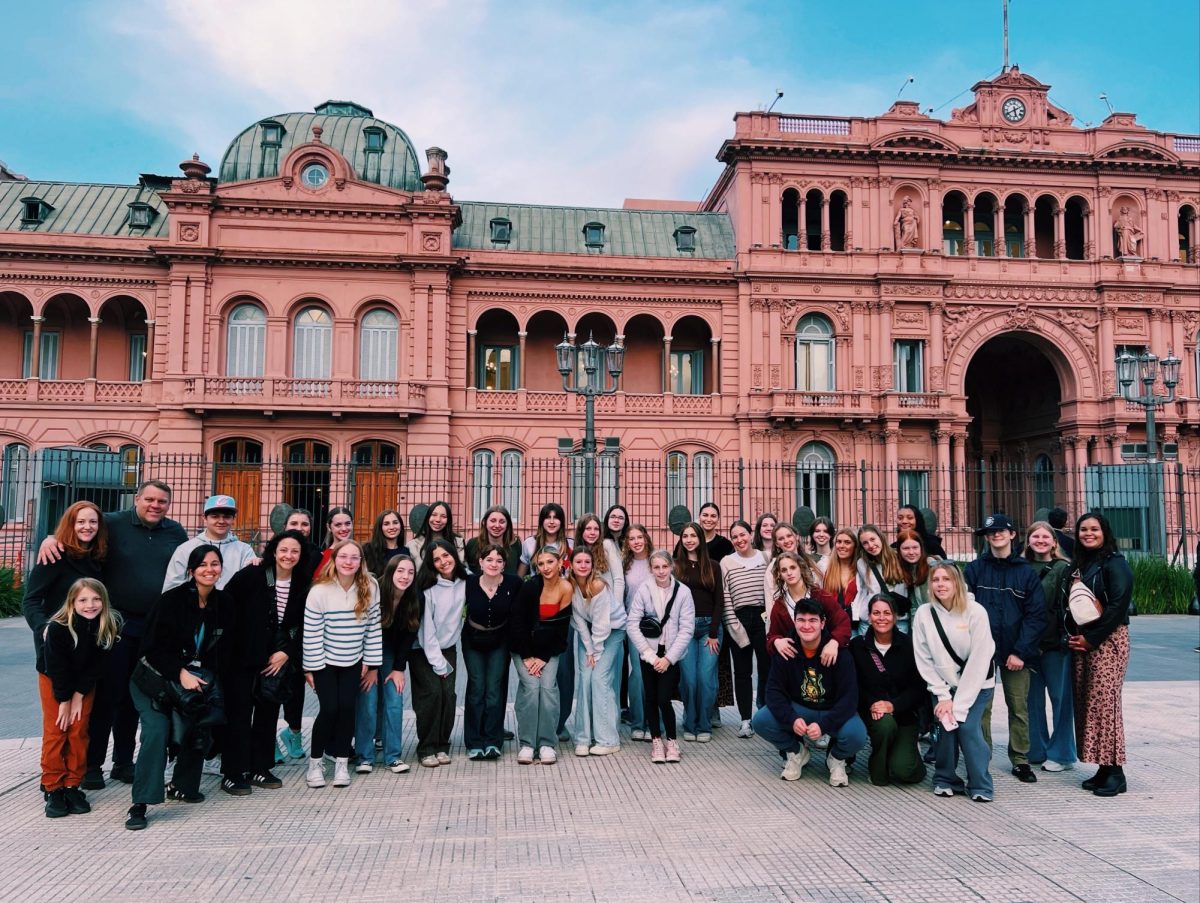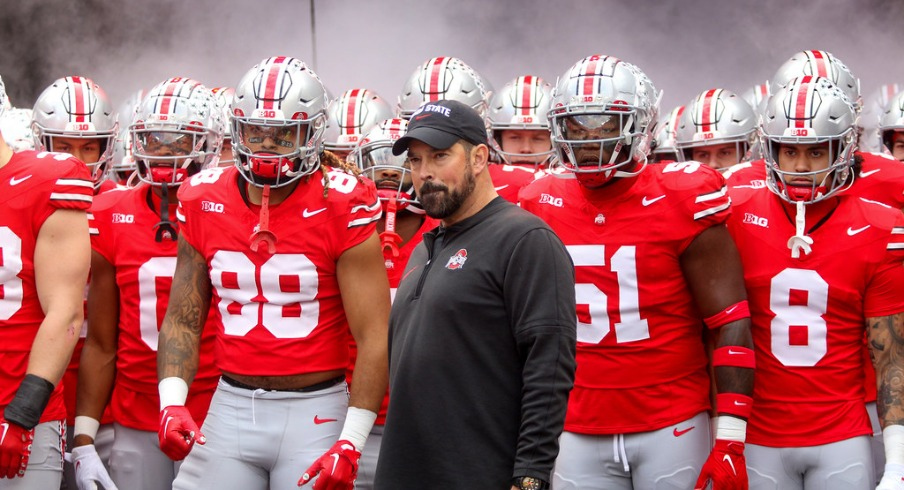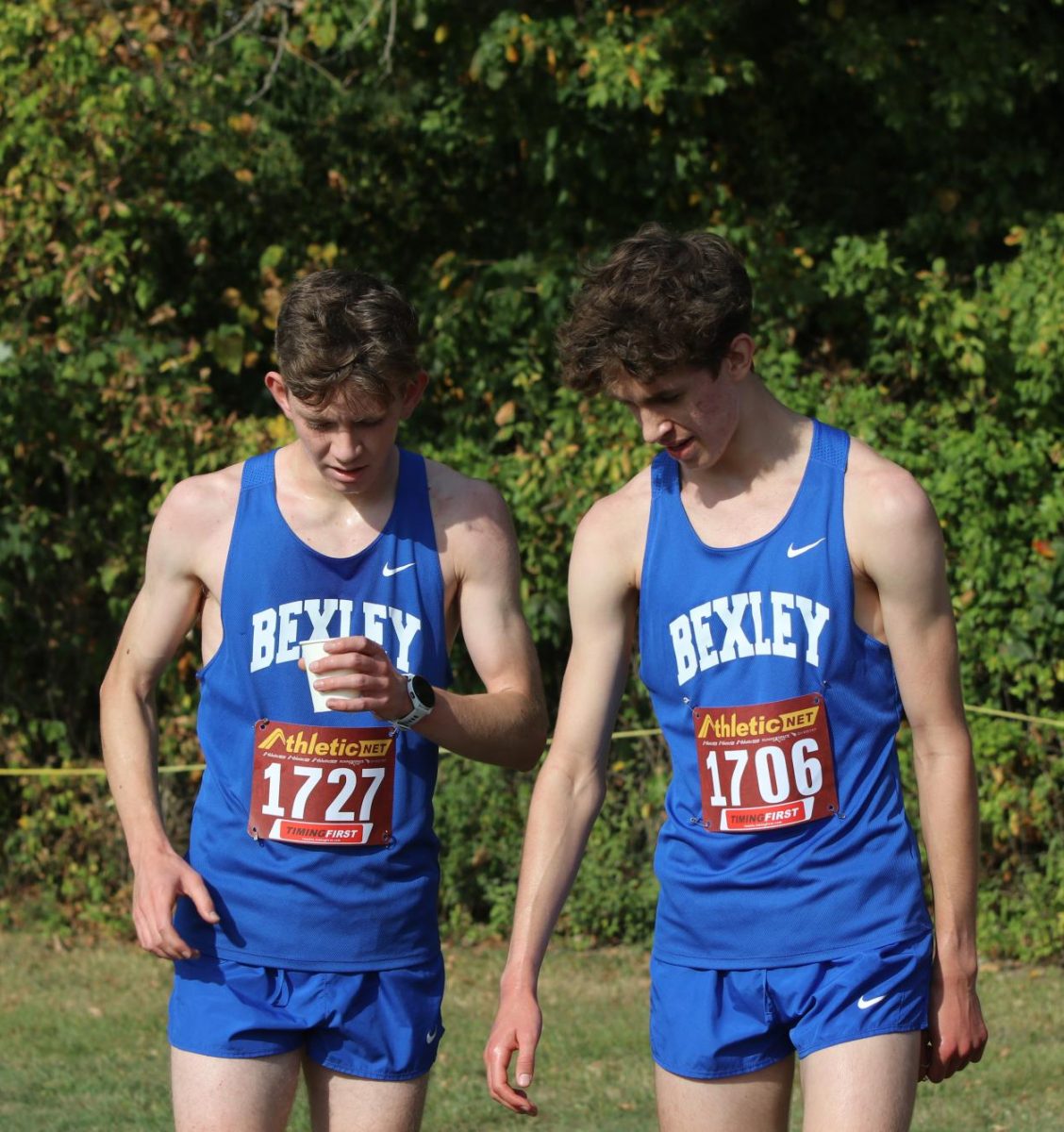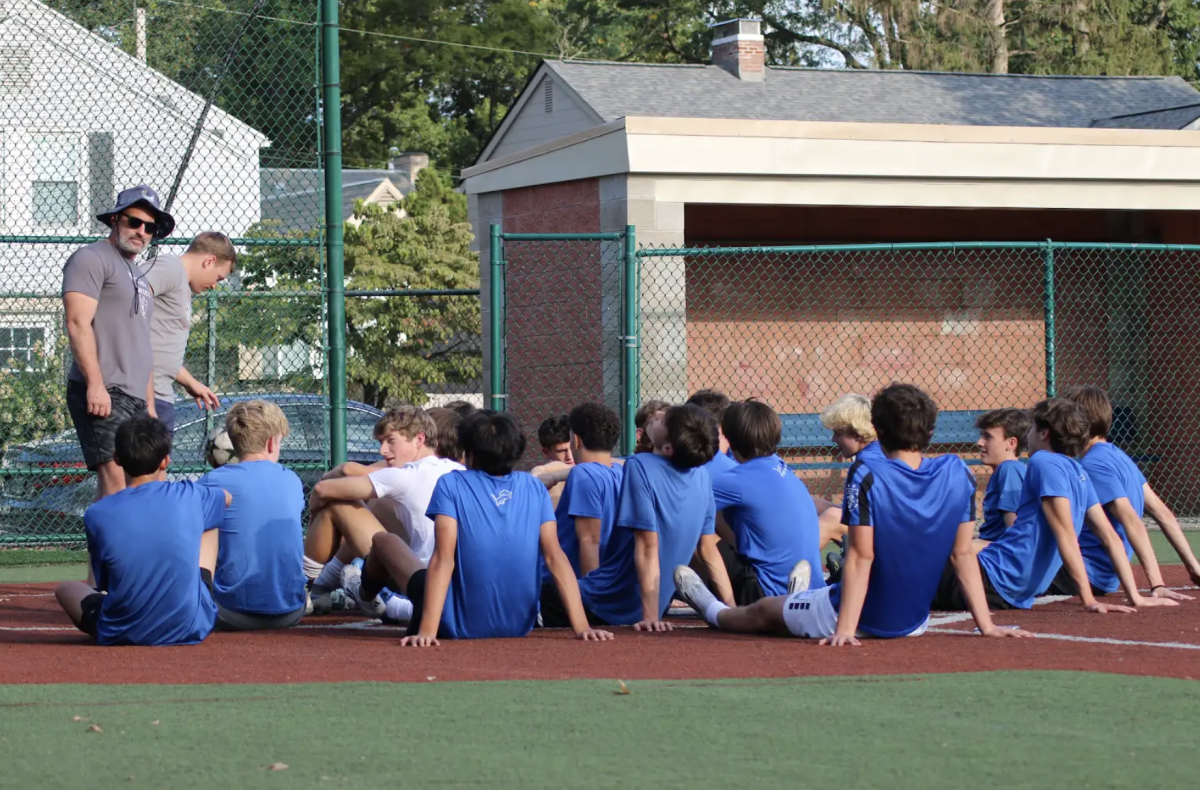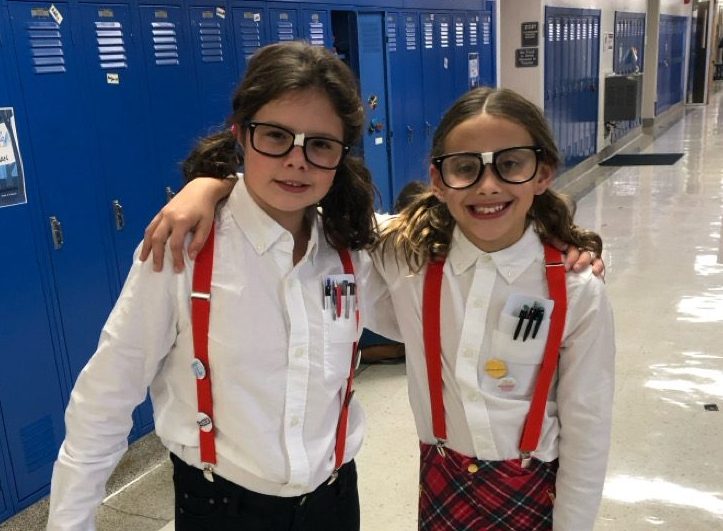Current high school students are a part of Generation Z, and they have become known for their social media presence and technology addiction. Their parents, belonging to Generation X, are known for their independent childhoods and self-reliance.
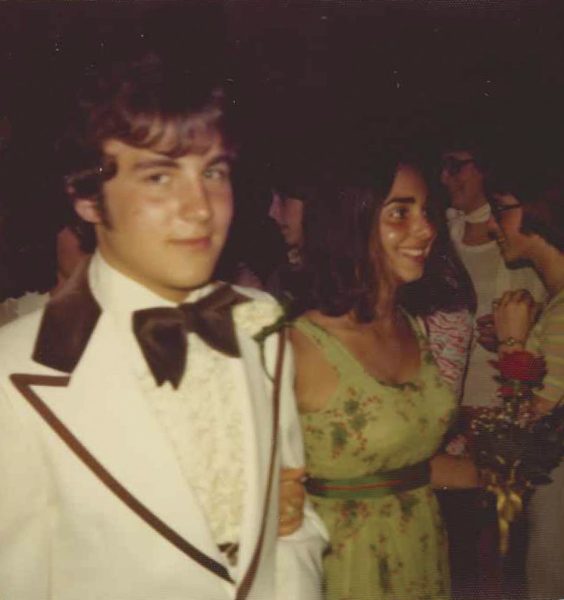
In between them are Millennials, whose skinny jeans and big, fluffy scarves are still being made fun of. Baby Boomers, born during the time after World War II, now have several decades of life experience.
Community member and Bexley alumnus John Lauer, who is part of Gen X, said he thinks their effect on the world has been disappointingly small.
“I don’t necessarily see some of the leaders from our generation that I wish we had,” he added. “We have a president from a much older generation, and I wish there had been a different alternative.”
Social studies teacher Mike Featherstone is part of Generation X, and he said Gen X is often forgotten about b
ecause they come after the very large Baby Boomer generation.
ERC coordinator Neal Tomich is a Baby Boomer, and he said he thinks Boomers are often unfairly blamed for the problems the world is facing currently.
“Imagine a world without the effects of the radical changes in mindset in the ‘60s, largely because of the counterculture the Boomers fostered,” he said.
Growing up, Gen X kids were left alone a lot more than other generations, Featherstone said. He added both parents of Gen X kids often worked, unlike the Baby Boomers. As a result, Featherstone said, Generation X parents often watch their kids more closely, and increasingly technology allows them to accomplish that.
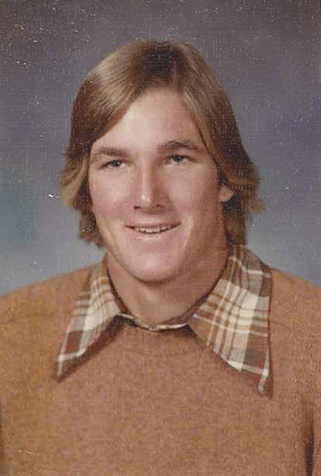
“We were unsupervised, and we know exactly what we were doing and what our friends were doing,” he added.
Tomich said as teenagers, Boomers were given a lot more liberty than Generation Z kids have now.
“We had far more independence and freedom to develop into our own beings than kids do today,” he said. “It was a little dangerous, scary and fun to be set loose on your own to discover the world.”
Spanish teacher Lauren Robbins is a Millennial, and she said she thinks they are often noticeable due to their stereotypical fashion choices; however, many of them are starting to follow Gen Z trends.
“I can definitely spot a Millennial from a mile away, and I think a lot of Millennials have tried to mesh more with the Gen Z trends,” Robbins explained. “ A lot of us have gotten rid of our skinny jeans and our fashion scarves.”
Lauer said the advancements of AI could cause a lot of uncertainty in the future for younger generations.
“My biggest concern right now is just with how AI is going to impact the world, how the country runs and what kind of jobs will be available for everyone in the future,” he said.
Tomich said he hopes AI will be able to do good for the world, not cause harm.
“I hope AI brings world peace, ends hunger, cleans the environment, fixes climate change and does not bring Skynet and The Matrix,” he said.
Featherstone explained with the technology available today, it’s harder for parents to keep their kids safe.
Because of how old the people in Gen X were when technological advancements happened, they have a unique perspective, he said.
Community member Lisa Evans said she hopes that as the world advances technologically, they won’t forget other things and that more value is put on people’s wellness.
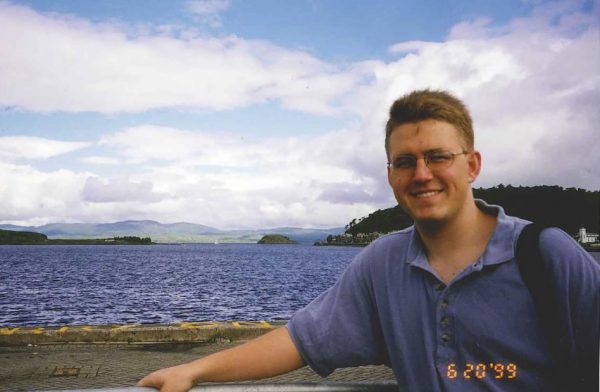
Librarian Mike Nolan, a Baby Boomer, said compared to when he was in high school, people are more accepting of others’ differences.
“We didn’t have a GSA club at my school… nowadays I’m sure, sadly, that bullying still goes on, but they’re so much more widely accepted,” he explained.
Robbins said the stereotype of Gen Z being lazy and always having excuses is often because they are more aware of mental health struggles.
“Gen Z is more in tune with mental health than any other generation has ever been,” she explained. “It’s so normal for [Gen Z] to talk about it. All of these people have been going through these things forever.”
Featherstone said now generational stereotypes are becoming less prevalent because people’s lives and teenage experiences vary a lot more than older generations.
“I think the generational divides are becoming less relevant than they once were because of the lack of shared experiences,” he added.


